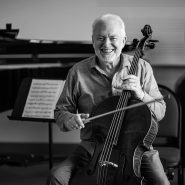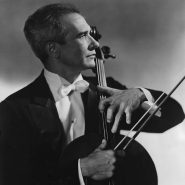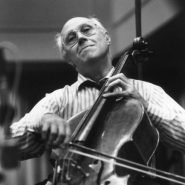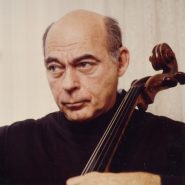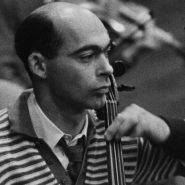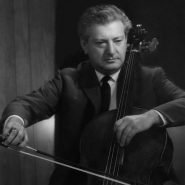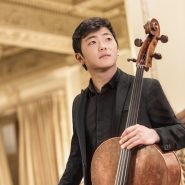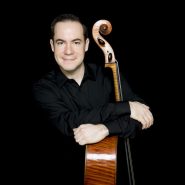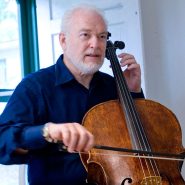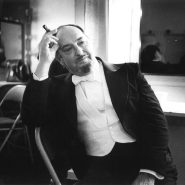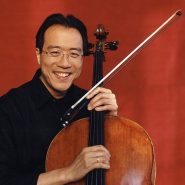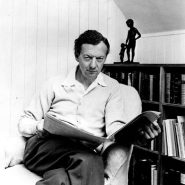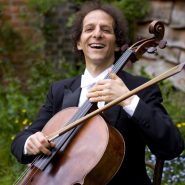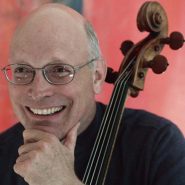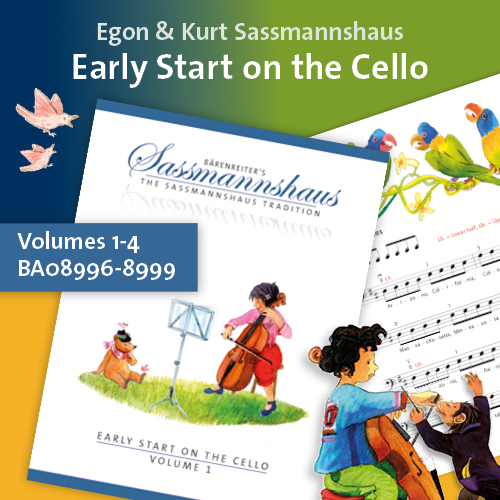Category: Interviews
By Tim Janof August 5, 2019
Subjects Interviews
By Tim Janof August 5, 2019
By Tim Janof August 5, 2019
By Tim Janof August 5, 2019
By Tim Janof August 5, 2019
By Tim Janof March 24, 2019
By Blogmaster December 1, 2018
Subjects Interviews
By Blogmaster May 12, 2017
Subjects Interviews, News
Tags Paul Katz
By Tim Janof August 11, 2016
By Blogmaster June 28, 2016
Subjects Interviews
Tags cello, cello interview, cellobello, CelloBlog, interview, Yo-Yo Ma
By Aron Zelkowicz December 8, 2013
Subjects Interviews, Repertoire
Tags Aron, Britten, Britten Cello Suites, Britten Cello Symphony, cello, cellobello, chant, conducting, improvisation, interview, Introduzione, Isserlis, manuscript, multiple versions, performance, premiere, recording, Rostropovich, Russian Orthodox Liturgy, Shostakovich, Sonata, Steven, Tavener, third suite, Zelkowicz
By Aron Zelkowicz November 21, 2013
Subjects Interviews, Repertoire
Tags analysis, Aron, Bach, Benjamin Britten, Britten, cello, cello suites, cellobello, Colin Carr, composition, differences in performance, Growth, interview, live recording, live-performance, Menlo, Menuhin School, microphones, Music@Menlo, performance, recordings, Rostropovich, solo debut album, Suites, Zelkowicz
By Aron Zelkowicz November 12, 2013
Subjects Interviews, Repertoire
Tags Aron, audience, Benjamin Britten, Britten, Britten Cello Suites, cello, cello suites, cellobello, complete suites, discoveries, discovery, editorial markings, fingerings, inflection, interview with Steven Doane, movements, performance, perspective, phrasing, recital, recitals, recordings, Sound, Steven Doane, Suites, Zelkowicz
